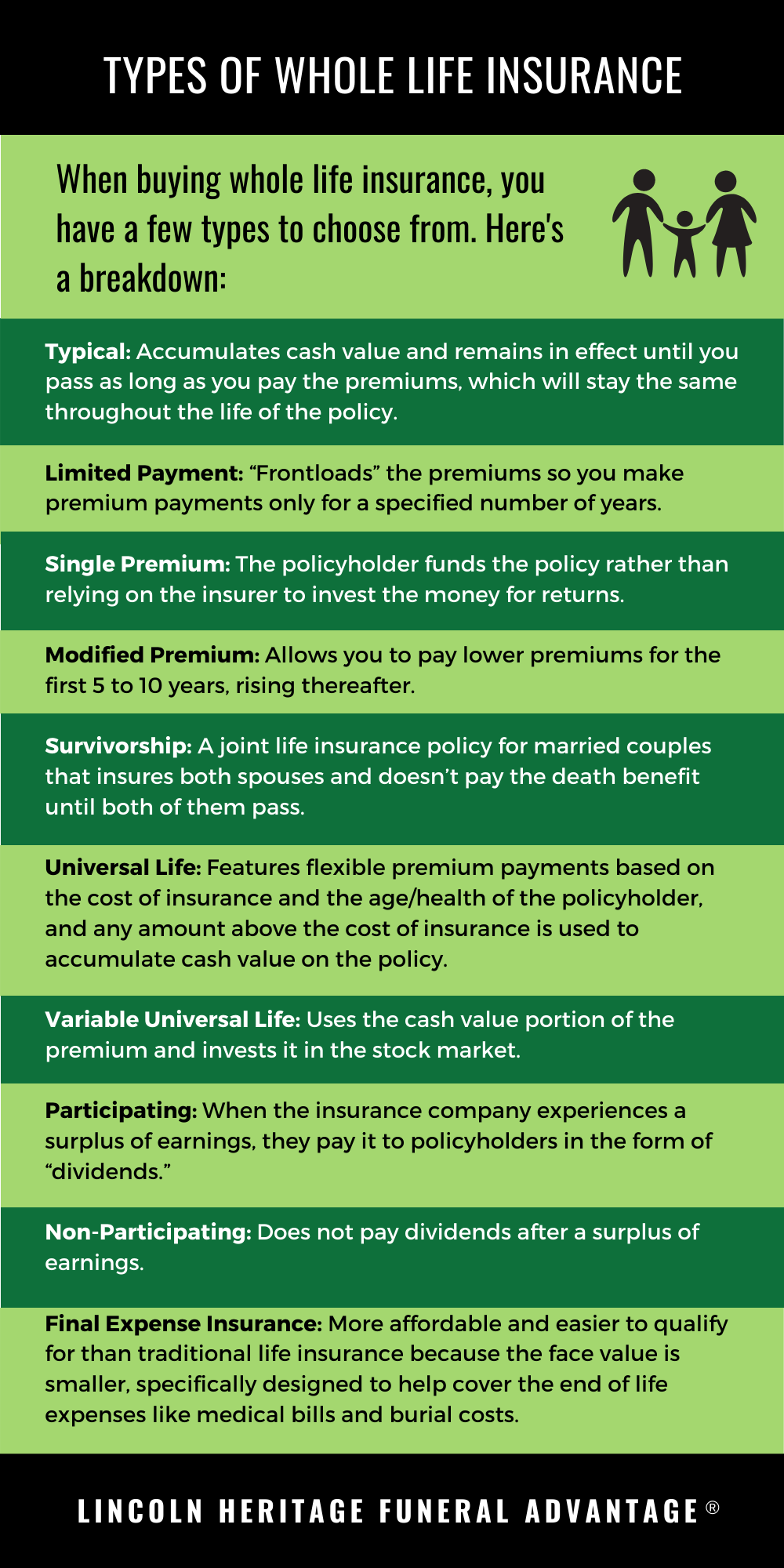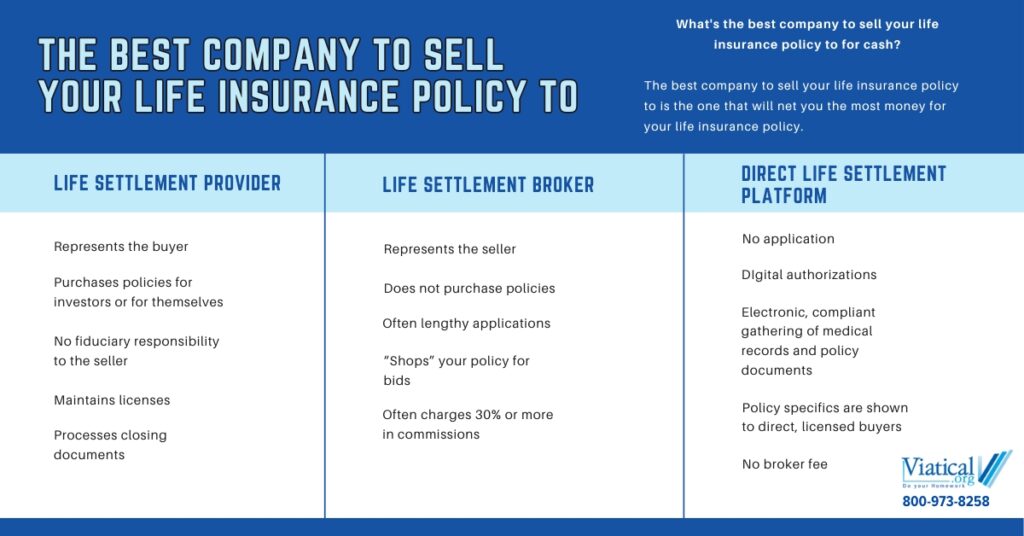Car Accident Is Not My Fault
A car accident can be a traumatic experience, and it can be even more frustrating when it wasn’t your fault. If you find yourself in this situation, it’s important to know what to do next. Here are some steps to follow:
What to Do If You’re in a Car Accident That’s Not Your Fault
**1. Stay calm and assess the situation.**
The aftermath of a car accident can be chaotic, but it’s important to stay calm and assess the situation. First, check to see if you or anyone else is injured. If you’re able, move your car to the side of the road so you’re out of traffic.
**2. Call the police.**
Even if there are no injuries, it’s important to call the police. They will create an accident report, which will be helpful when you file an insurance claim. The police can also help direct traffic and keep the scene safe.
**3. Exchange information with the other driver(s).**
Once you’ve called the police, exchange information with the other driver(s) involved in the accident. This includes your name, address, phone number, insurance information, and license plate number. It’s also a good idea to take pictures of the accident scene and any damage to your car.
**4. Get medical attention.**
Even if you don’t feel injured, it’s important to get medical attention after a car accident. Some injuries may not be apparent immediately, so it’s best to get checked out by a doctor to rule out any potential problems.
**5. Contact your insurance company.**
Once you’ve gotten medical attention, you should contact your insurance company to file a claim. They will need to know the details of the accident, and they will help you process your claim.
**6. Get a copy of the police report.**
The police report will be helpful when you file your insurance claim. You can request a copy of the report from the police department.
**7. Hire a lawyer.**
If you’re seriously injured or if the other driver is disputing fault, you may want to consider hiring a lawyer. A lawyer can help you protect your rights and get you the compensation you deserve.
Additional Tips
Here are some additional tips to keep in mind if you’re in a car accident that’s not your fault:
- If you’re able, take pictures of the accident scene and any damage to your car.
- Keep a record of all expenses related to the accident, such as medical bills, car repairs, and lost wages.
- Be prepared to cooperate with the insurance companies involved in the accident.
- Don’t sign any documents or give any recorded statements without first speaking to your insurance company or a lawyer.
**Car Accident is Not My Fault**
Don’t take it personally if you’ve recently been in a car accident that wasn’t your fault but instead, take action. While it’s critical to remain calm and collected, here are the next steps to take after ensuring your safety and the safety of any passengers in your vehicle:
**What to Do After a Car Accident That Was Not Your Fault**
Here are some things you can do after an accident that wasn’t your fault:
**1. Prioritize Your Health and Safety**
Your well-being and the well-being of your passengers should be your top priority. Pull over to the side of the road if possible, turn on your hazard lights, and call 911 immediately. While waiting for help to arrive, provide first aid to yourself and any injured passengers as needed. Once the police arrive, be sure to provide them with a clear and concise account of what happened, including any details about the other driver or vehicle that may have caused the accident.
**2. Secure Evidence**
The key to getting the compensation you deserve and avoiding being taken advantage of by insurance companies is gathering as much evidence as possible. Start by taking pictures of the accident scene, including damage to both vehicles and any visible injuries. If there are any witnesses to the accident, be sure to get their names and contact information. Additionally, obtain a copy of the police report and keep all medical records and bills related to the accident. These records will serve as valuable documentation when you seek compensation for your damages.
**3. Contact Your Insurance Company**
It’s important to report the accident to your insurance company as soon as possible. They will be able to guide you through the claims process and help you get the compensation you deserve. When you contact your insurance company, be sure to provide them with all of the information you have gathered, including the police report, witness statements, and photos. Remember, your insurance company is on your side and wants to help you get back on your feet.
**4. Seek Legal Advice**
If you have been injured in a car accident that was not your fault, you may want to consider seeking legal advice. A personal injury lawyer can help you navigate the legal process and fight for your rights. They can also help you get the maximum compensation for your injuries, lost wages, and pain and suffering. Seeking legal advice can also ensure that the at-fault driver is held accountable for their actions.
**5. Take Care of Yourself**
After a car accident, it’s important to take care of yourself both physically and emotionally. This means getting plenty of rest, eating healthy foods, and exercising regularly. It’s also important to connect with friends and family, and to talk about your feelings about the accident. If you are struggling to cope, don’t hesitate to seek professional help.
Car Accident Is Not My Fault: What to Do Next
Being involved in a car accident is never fun, but it’s especially frustrating when it’s not your fault. If you find yourself in this situation, don’t panic! There are some things you can do to protect yourself and your rights.
Steps to Take After a Car Accident
First, pull over to the side of the road and check for injuries. If you or anyone else is hurt, call 911 immediately. Once you’re sure everyone is safe, exchange information with the other driver(s) involved in the accident. This includes your name, address, phone number, insurance information, and license numbers.
Filing a Police Report
Next, you’ll want to file a police report. This is an important step that will help document the accident and provide you with a record of what happened. Be sure to give the officer a detailed account of the accident, including the time, date, and location. Also, be sure to mention any witnesses who saw the accident.
Collecting Evidence
In addition to filing a police report, you should also collect as much evidence as possible about the accident. This may include taking photos of the damage to your car, getting witness statements, and obtaining a copy of the police report. The more evidence you have, the stronger your case will be when you file an insurance claim.
How to File an Insurance Claim
Once you have filed a police report and collected evidence, you should contact your insurance company to file a claim. Your insurance company will assign you a claims adjuster who will investigate the accident and determine how much you are entitled to receive for your damages.
Be sure to provide your insurance company with all of the information and evidence you have collected. This will help them process your claim quickly and efficiently.
If you are not satisfied with the amount of money your insurance company offers you, you can appeal their decision. You may also want to consider hiring an attorney to help you with your case.
Car Accident Is Not My Fault: Navigating the Aftermath
In the aftermath of a car accident, the shock and confusion can make it difficult to know what to do. If you’re the innocent party, it’s important to protect your rights and get the compensation you deserve. Here’s what to expect from the insurance company and other parties involved.
**Dealing with the Insurance Company**
After a car accident, the insurance company will investigate the accident scene, interview witnesses, and collect any relevant evidence. They’ll then determine who is at fault and make a decision about coverage. It’s important to be truthful and cooperative with the insurance adjuster, but you should also protect your own interests. Here are some tips:
- Don’t admit fault, even if you think you’re partially to blame.
- Get a copy of the police report and take photos of the accident scene.
- Keep a record of all medical expenses and lost wages.
- Consider consulting with a lawyer if you have serious injuries or property damage.
**Negotiating a Fair Settlement**
The insurance company’s initial offer may not be fair, so it’s important to negotiate a settlement that covers all of your expenses and losses. Be prepared to provide documentation to support your claim. If you can’t reach an agreement with the insurance company, you may have to file a lawsuit.
**Working with a Lawyer**
If you have serious injuries or the insurance company is being difficult, it’s advisable to hire a lawyer. A lawyer can help you investigate the accident, negotiate with the insurance company, and represent you in court if necessary.
**Other Parties Involved**
In addition to the insurance company, you may also need to deal with other parties involved in the accident. This could include the other driver, pedestrians, or witnesses. It’s important to be polite and respectful, even if the other party is rude or aggressive.
**Recovering from the Trauma**
Car accidents can be traumatic, both physically and emotionally. It’s important to take care of yourself both physically and mentally after an accident. This may involve seeking medical attention, talking to a therapist, and taking time off work to recover.
Car Accident Is Not My Fault: What to Do Next
You’ve done all the right things – you’ve called the police, exchanged information with the other driver, and even gotten a copy of the police report. But what happens if the insurance company finds that you’re not at fault? Here’s what you need to know.
**If You Are Found to Be Not at Fault**
If the insurance company finds that you are not at fault, you will be entitled to compensation for your damages. These damages can include:
– Medical expenses
– Lost wages
– Pain and suffering
– Property damage
**How to Get Compensation**
The first step to getting compensation is to file a claim with the insurance company of the at-fault driver. You will need to provide the insurance company with the following information:
- A copy of the police report
- A list of your damages
- A statement from your doctor
- Photographs of the damage to your vehicle
**What If the Insurance Company Denies My Claim?**
If the insurance company denies your claim, you have the right to appeal the decision. You can do this by writing a letter to the insurance company and explaining why you believe you are entitled to compensation. You may also want to consider hiring an attorney to help you with your appeal.
**How Can I Avoid Being Found at Fault?**
There are a few things you can do to avoid being found at fault for an accident, including:
- Obeying the speed limit
- Driving defensively
- Being aware of your surroundings
- Avoiding distractions
**What Should I Do If I’m Injured in an Accident?**
If you are injured in an accident, it is important to seek medical attention as soon as possible. You should also keep a record of your injuries and any medical expenses you incur. This information will be helpful if you need to file a claim with the insurance company of the at-fault driver.
**Car Accident Is Not My Fault**
Car accidents are never fun. They often result in extensive loss of assets, injuries, or even death. If you’re involved in an auto accident that isn’t your fault, it can be especially frustrating to deal with the insurance companies. You may disagree with their findings and feel like you’re not being treated fairly. If this is the case, you may wonder what you can do. This article will provide you with information about what to do if you disagree with the insurance company’s findings. Here are some steps you can take to protect your rights and get the compensation you deserve.
**Gather Evidence**
The first step is to gather as much evidence as possible. This may include:
**File a Claim**
Once you have gathered your evidence, you need to file a claim with the insurance company. You can do this by calling the company or submitting a claim online. When you file a claim, you will need to provide the insurance company with the following information:
**Negotiate a Settlement**
Once you have filed a claim, the insurance company will investigate the accident. They will then make you an offer to settle your claim. You do not have to accept the first offer. You can negotiate with the insurance company until you reach an agreement that you are satisfied with.
**File a Lawsuit**
If you cannot reach an agreement with the insurance company, you may need to file a lawsuit. This is a more formal process, but it may be necessary to get the compensation you deserve. Before you file a lawsuit, you should consult with an attorney to discuss your options.
**What to Do If You Disagree with the Insurance Company’s Findings**
If you disagree with the insurance company’s findings, you can file an appeal. The process for filing an appeal will vary depending on the insurance policy. However, the following steps will generally apply:




Leave a Reply